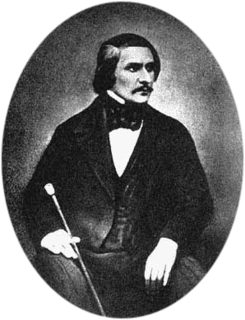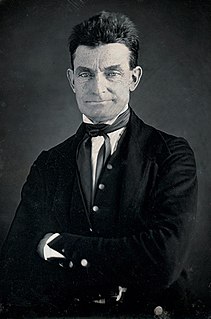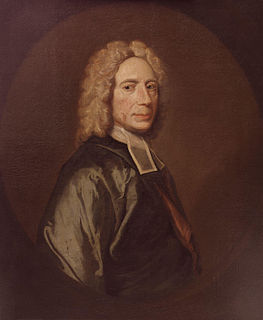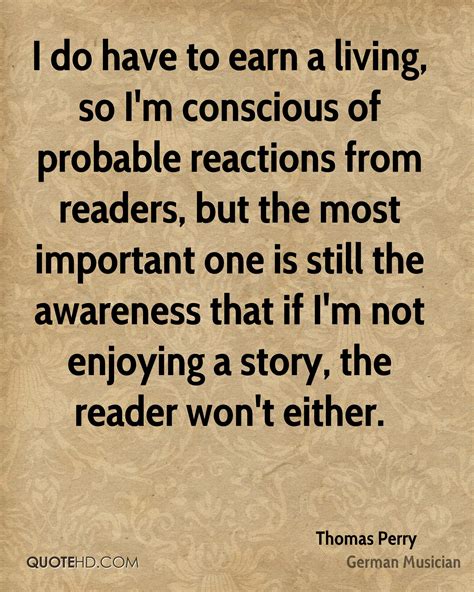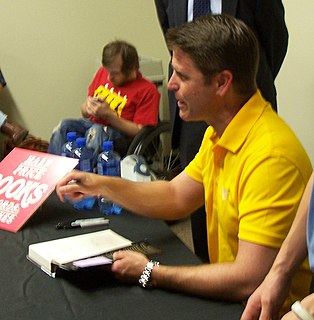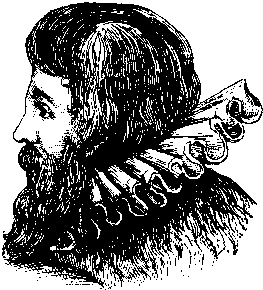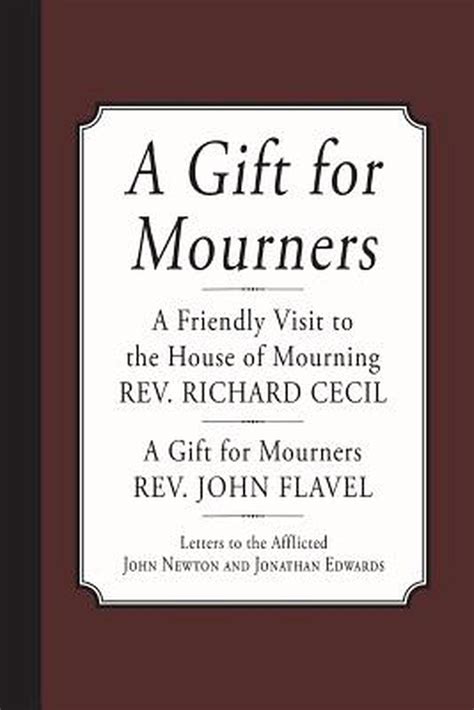A Quote by Nikolai Gogol
Wise is the man who does not disdain any character and instead, examining him with a searching look, plumbs him to the very main-springs of his being.
Related Quotes
"If a man finds it very hard to forgive injuries, let him look at a Crucifix, and think that Christ shed all His Blood for him, and not only forgave His enemies, but even prayed His Heavenly Father to forgive them also. Let him remember that when he says the Pater Noster, every day, instead of asking pardon for his sins, he is calling down vengeance on himself."
It is a fearful thing to hate whom God hath loved. To look upon another-his weaknesses, his sins, his faults, his defects is to look upon one who is suffering. He is suffering from negative passions, from the same sinful human corruption from which you yourself suffer. This is very important: do not look upon him with judgmental eyes of comparison, noting the sins you assume you'd never commit. Rather, see him as a fellow sufferer, a fellow human being who is in need of the very healing of which you are in need. Help him, love him, pray for him do unto him as you would have him do unto you.
The wise man does nothing but what can be done openly and without falseness, nor does he do anything whereby he may involve himself in any wrong-doing, even where he may escape notice. For he is guilty in his own eyes before being so in the eyes of others; and the publicity of his crime does not bring him more shame than his own consciousness of it.
The universe shudders in horror that we have this infinitely valuable, infinitely deep, infinitely rich, infinitely wise, infinitely loving God, and instead of pursuing him with steadfast passion and enthralled fury — instead of loving him with all our heart, soul, mind, and strength; instead of attributing to him glory and honor and praise and power and wisdom and strength — we just try to take his toys and run. It is still idolatry to want God for his benefits but not for himself.
Who can justly say aught against Joseph Smith? I was as well acquainted with him, as any man. I do not believe that his father and mother knew him any better than I did. I do not think that a man lives on the earth that knew him any better than I did; and I am bold to say that, Jesus Christ excepted, no better man ever lived or does live upon this earth. I am his witness
A dogmatical spirit inclines a man to be censorious of his neighbors. Every one of his opinions appears to him written, as it were, with sunbeams, and he grows angry that his neighbors do not see it in the same light. He is tempted to disdain his correspondents as men of low and dark understandings because they do not believe what he does.
The opposition is indispensable. A good statesman, like any other sensible human being, always learns more from his opponents than from his fervent supporters. For his supporters will push him to disaster unless his opponents show him where the dangers are. So if he is wise he will often pray to be delivered from his friends, because they will ruin him. But though it hurts, he ought also to pray never to be left without opponents; for they keep him on the path of reason and good sense.
A man follows the path laid out for him. He does his duty to God and his King. He does what he must do, not what pleases him. God's truth, boy, what kind of world would this be if every man did what pleased him alone? Who would plough the fields and reap the harvest, if every man had the right to say, 'I don't want to do that.' In this world there is a place for every man, but every man must know his place.
When a founder has cast a bell he does not presently fix it in the steeple, but tries it with his hammer, and beats it on every side to see if there be any flaw in it. So Christ doth not presently after he hath converted a man, convey him to heaven; but suffers him first to be beaten upon by many temptations and then exalts him to his crown.
